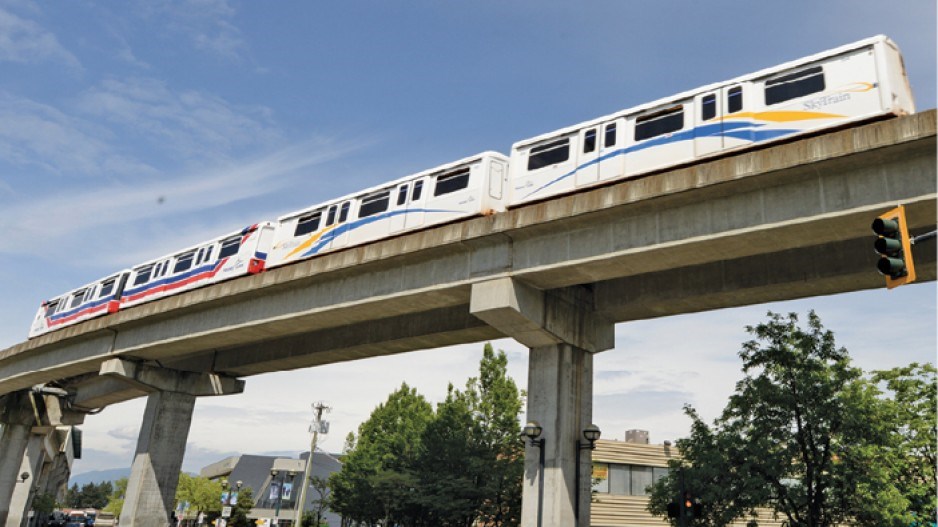Public transportation advocates need to get busy immediately if they want to have any chance of winning a plebiscite that is just 12 months away, says a veteran of five transit referendums.
While Metro Vancouver mayors have endorsed an ambitious $7.5 billion transit plan, a funding referendum question is still a huge unknown and the province has yet to support the plan.
“Given that you've never had a referendum, you'd want to start planning now,” said April Putney, director of statewide policy and advocacy at Futurewise, a Seattle-based environmental organization. “I would definitely say figure that out immediately.”
Over the past two years, the province and Metro Vancouver mayors have been unable to agree on a new source of funding for the region's cash-strapped transit system.
In 2013, Premier Christy Clark promised a referendum on any new source of transit funding; that referendum must be held by June 30, 2015. TransLink's 23-member Mayors' Council came up with its transit “vision” at the request of British Columbia Transportation Minister Todd Stone.
The plan includes several funding options: reallocating the portion of B.C.'s carbon tax that Metro Vancouver residents pay; creating an additional carbon tax for the region; an assumption that the provincial and federal governments will each contribute one-third of the cost of capital projects; and the introduction in five to eight years of a comprehensive road pricing system.
Stone has already ruled out reallocating the carbon tax, saying that existing provincial revenue was always off limits.
For the mayors, the next step is not to start working on a campaign, but to wait for a response from Stone.
“In the beginning the minister clearly stated to [the mayors] that we have to figure out … how to get to a yes,” said Metro Vancouver chair Greg Moore. “We've put together a plan that presents this vision and we need to figure out how to get to this yes. One of the leaders of that yes has to be the minister of transportation.”
Moore said he believes an eventual referendum question will have to include both the additional carbon tax and road pricing, even though the mayors say the latter option is still years away.
“We don't want to have to go to a referendum every five years,” Moore said. “The best way to go is to go to one referendum to implement this 10-year strategy.”
Anita Huberman, president and CEO of the Surrey Board of Trade, still hopes to convince the province to scrap the vote. Her organization supports everything about the plan, including the proposed funding solutions.
“We consider transportation to be a foundation of our economy, and the referendum could compromise that,” Huberman said.
A loose coalition has already formed through Get on Board BC, a group formed by students, and Moving in a Livable Region, a consortium of business groups, unions and organizations hosted by Simon Fraser University.
Several B.C. unions, Tourism Vancouver, the Urban Development Institute and the University of British Columbia are some of the groups that have publicly supported the plan since its June 12 release.
Huberman listed the Burnaby Board of Trade, Vancouver Board of Trade, the Business Council of British Columbia and BC Chamber of Commerce as some of her organization's allies on the transportation file.
However, BC Chamber of Commerce president and CEO John Winter was dismissive of the plan, saying it does not help the local economy because it focuses on moving only people, not goods.
“It completely overlooks anything critical to the economy,” Winter said. “It's really designed to get people out of their cars, onto buses or onto bicycles, of all things.”
Having a broad coalition in place is important to appeal to residents from all walks of life, Putney said. Referendum campaigns in Seattle have included participation from large businesses like Microsoft (Nasdaq:MSFT) and Amazon (Nasdaq:AMZN), business groups, unions and environmental organizations.
“Start looking at other elections,” Putney said. “What is the spectrum that can bring voters?”




